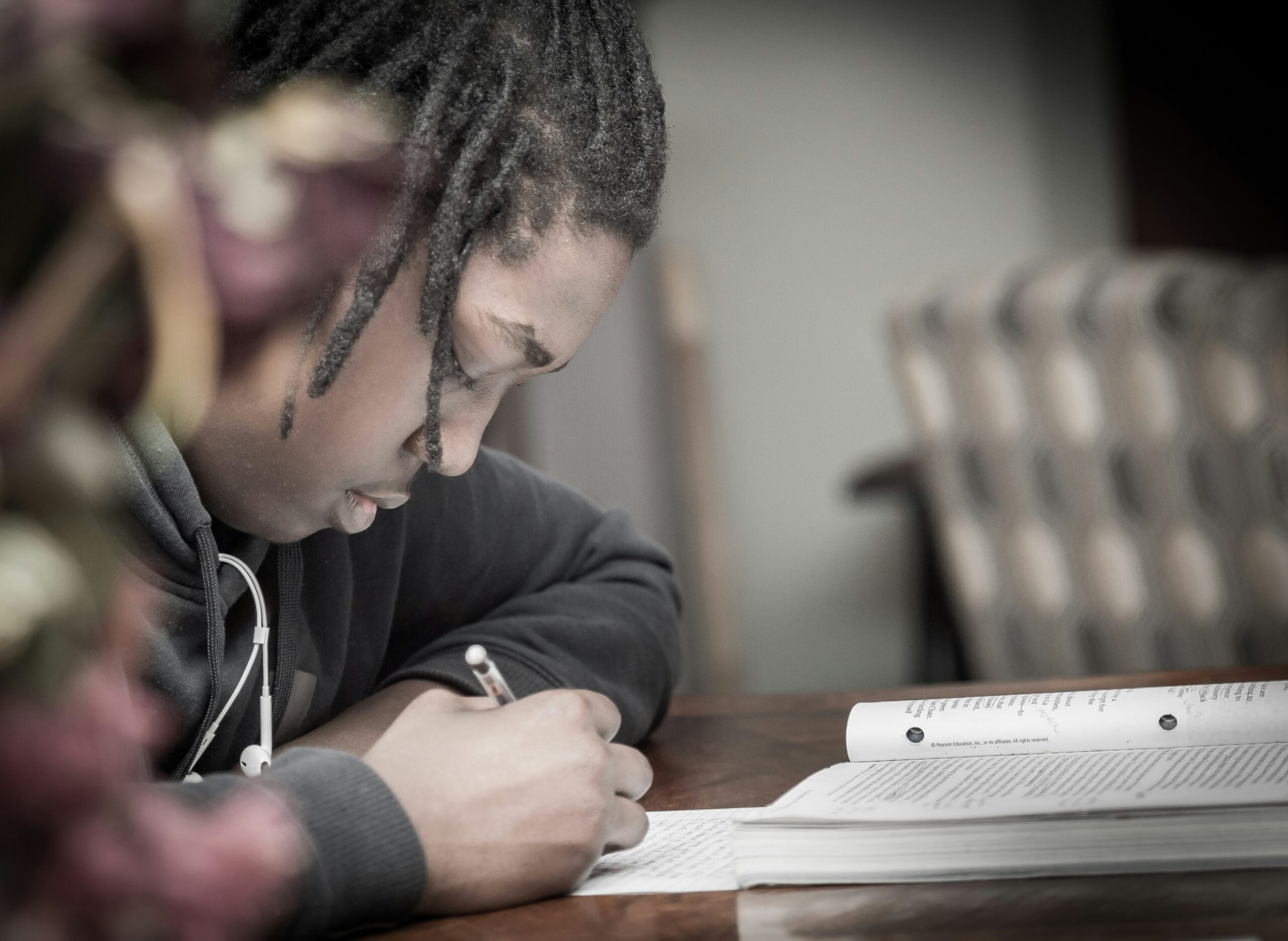Written by: Reagan Flowers, Ph.D.
As Spring approaches, standardized testing is on the horizon. These tests can be stressful for students, educators, and parents alike. This month, I’m looking at ways this testing could fail students, particularly students of color.
The Reading Crisis in America
Lack of literacy has been a concern in the United States for decades, and students of color often score the lowest. The pandemic left many students behind; although some ground has been regained, there is a long way to go.
According to 2022 academic year data, average scores have risen but are still lower than pre-pandemic scores. In 2022, 32 percent of students in the nation performed at or above the NAEP Proficient level, and 61 percent performed at or above the NAEP Basic level. Both percentages were lower than the achievements recorded for 2019. In fact, students in 14 states remain more than a third of a grade level behind in reading.
Which Students are Impacted Most
In 2022, Black students’ average score was 28 points lower than that of White students, and Hispanic students’ average score was 22 points lower than that of White students. Females scored 6 points less on average than males, and students who were eligible for the National School Lunch Program (NSLP) had an average score that was 28 points lower than that of students who were not eligible.
In addition to the marginalized groups we typically discuss, students with lower language skills, English learners, or shy students who won’t approach the teacher for help are also part of this picture. They aren’t getting the same practice with oral language skills because they aren’t asking for it.
How Conversation Makes a Difference
Engaging in meaningful one-on-one conversations with students throughout the school day can have long-lasting positive consequences. It helps reinforce language skills that may not develop through a focus on phonics or individual reading work.
Another factor is that students learn differently. Some may pick up reading quickly, while some may need to talk things out or learn more visually. That’s why many of today’s adults effectively learned language skills through Schoolhouse Rock.
Oral language is a biological primary skill of humans, but just because we’re hard-wired to learn oral language doesn’t mean we’re all exposed to the same language skills at home. It is about gaining exposure to the more formal language used by teachers in the classroom—language to which children need to read and write proficiently.
It’s important to begin these conversations as early as possible. Conversations in preschool classrooms can aid children’s vocabulary growth and teach them the structure and language used in school. These conversations also help gauge student learning levels and address gaps. If a student is unable to answer a question correctly, it’s an opportunity for the teacher to help them to come to a more correct answer or greater understanding. That piece of sticking with that child does not happen frequently.
By talking with each student daily, teachers can ensure that every child has an equal opportunity to develop oral language skills. In turn, this will help improve their reading skills.
This will prove essential for students of color and other marginalized students. These conversations come naturally when students engage in supplemental STEM programs like ours. The hands-on collaboration and engagement of preparing for a competition or attending a camp or workshop naturally bring about a conversation between students, educators, and parents. Conversation will improve reading skills, benefitting every subject the student tries to learn going forward.







